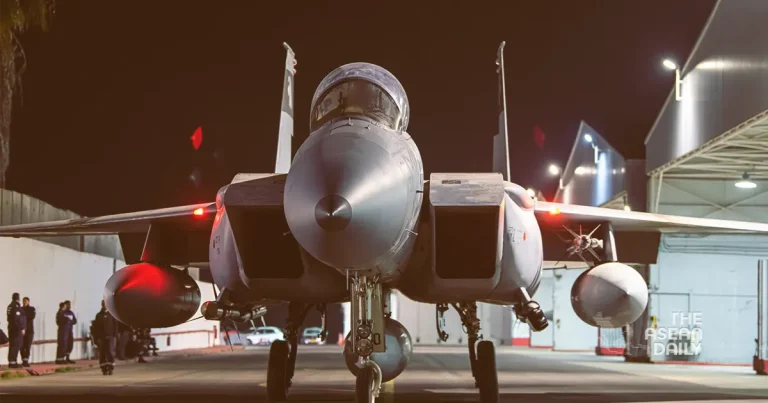27-10-2024 (TEHRAN) Iran has moved to minimise the significance of overnight Israeli airstrikes against military installations near Tehran and in western provinces, whilst international leaders, including US President Joe Biden, have called for restraint to prevent further escalation in the volatile Middle East region.
The Israeli Defence Forces conducted three waves of precision strikes before dawn, targeting missile production facilities and military installations. The operation, involving scores of aircraft, marked Israel’s response to Iran’s unprecedented 1 October missile barrage.
Iranian military officials characterised the damage as “limited”, claiming their air defences successfully prevented Israeli aircraft from entering Iranian airspace. However, former UN nuclear weapons inspector David Albright noted that satellite imagery showed damage to three buildings at the Parchin military complex near Tehran, including facilities reportedly used for missile fuel production.
The measured response from Tehran’s Foreign Ministry, which acknowledged Iran’s responsibility towards regional stability whilst asserting its right to self-defence, suggests a potential willingness to avoid further escalation. This stance represents a notably more restrained position compared to previous confrontations.
Prime Minister Benjamin Netanyahu emphasised that target selection was based on Israeli national interests rather than American preferences. The US, which had cautioned against striking Iranian nuclear or energy infrastructure, confirmed it was notified of the operation but was not involved.
The strikes have raised questions about the flight path of Israeli aircraft, with both Jordan and Saudi Arabia denying use of their airspace. Regional intelligence sources suggest the jets traversed southern Syria and Iraq, generating sonic booms near the Jordanian border.
Meanwhile, tensions continue to simmer along Israel’s northern frontier with Lebanon, where Hezbollah, Iran’s primary regional ally, has intensified its rocket attacks. The Israeli military has responded with strikes against Hezbollah facilities in Beirut’s southern suburbs, including what it described as weapons manufacturing sites and intelligence headquarters.
The conflict’s broader implications for regional stability have prompted international concern, with Vice President Kamala Harris emphasising America’s strong stance on de-escalation. Saudi Arabia, which has recently improved relations with Iran, condemned the Israeli operation as a violation of Iranian sovereignty.
As the situation develops, attention turns to Qatar, where negotiations for a Gaza ceasefire and hostage release deal are set to resume.




